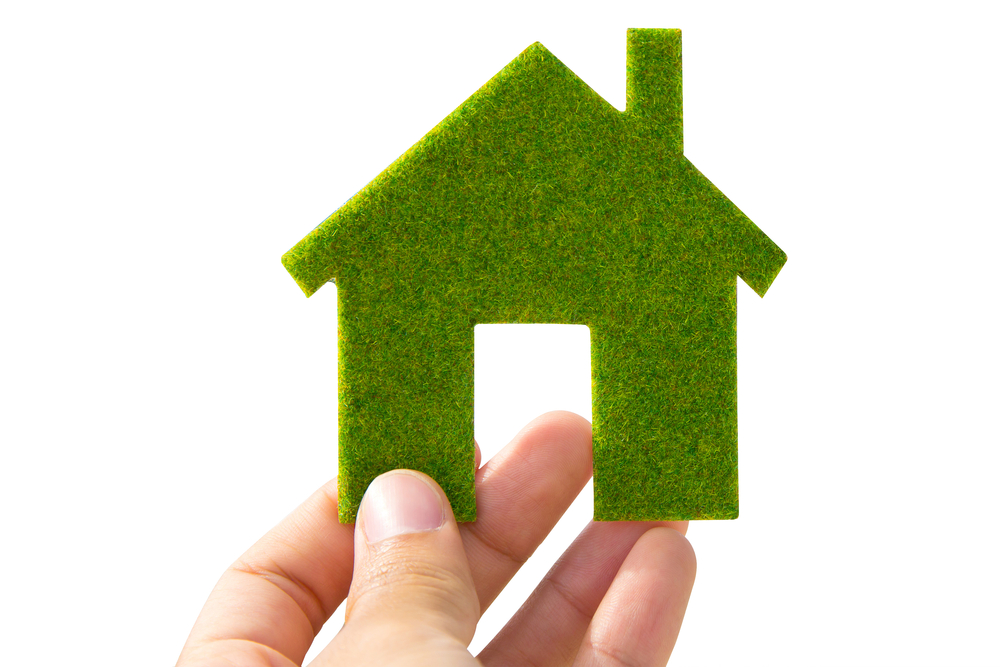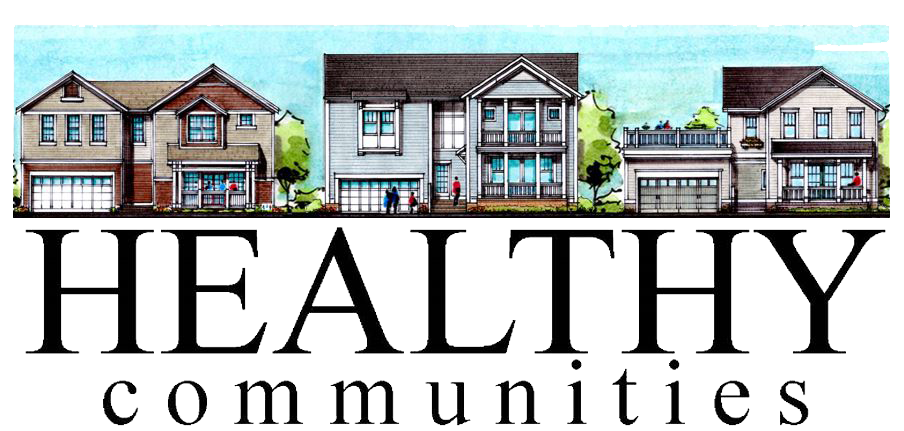
As the world continues to prioritize environmental sustainability and energy efficiency, the concept of building green has become increasingly popular, especially in the realm of custom home construction. Eco-friendly custom homes offer a range of benefits, including reduced energy costs, improved indoor air quality, and a smaller carbon footprint. In this blog post, we will explore the future of eco-friendly custom homes and how homeowners can ensure their custom homes are energy-efficient and environmentally friendly.
Why Build Green?
Building green involves using sustainable materials, energy-efficient systems, and environmentally conscious practices to minimize the impact of a home on the environment. Eco-friendly custom homes are designed with features such as solar panels, energy-efficient appliances, high-performance insulation, and low-flow plumbing fixtures to reduce energy consumption and promote sustainability. These homes are built to meet strict environmental standards, resulting in lower utility bills, increased comfort, and healthier living spaces for homeowners.
In addition to the environmental benefits, green homes also offer financial advantages. Energy-efficient features can lower utility costs significantly, saving homeowners money in the long run. Moreover, many energy-efficient home improvements may be tax-deductible, providing additional savings for homeowners interested in building green.
How Can I Ensure My Custom Home Is Energy-Efficient?
When planning to build a custom home, there are several steps homeowners can take to ensure their home is energy-efficient and eco-friendly. Here are some tips to consider when designing and constructing a green custom home:
1. Work with a knowledgeable architect and builder who specialize in green building practices. An experienced team can help homeowners incorporate energy-efficient features and sustainable materials into their custom home design, ensuring that the home meets environmental standards and energy efficiency goals.
2. Choose energy-efficient building materials and systems, such as insulated concrete forms (ICFs), energy-efficient windows, and high-efficiency HVAC systems. These materials and systems can help reduce energy consumption, improve indoor comfort, and lower utility costs for homeowners.
3. Consider renewable energy sources, such as solar panels or geothermal heating and cooling systems, to generate clean energy and reduce reliance on traditional utilities. Renewable energy systems can help homeowners save money on energy bills and reduce their carbon footprint.
4. Opt for water-saving fixtures and appliances to reduce water usage and promote water conservation in the home. Low-flow toilets, efficient landscaping, and rainwater harvesting systems are practical ways to minimize water waste and support sustainability.
Are Energy-Efficient Home Improvements Tax Deductible?
Many energy-efficient home improvements may be eligible for tax incentives and rebates, providing financial benefits for homeowners who choose to build green. Energy-efficient upgrades, such as installing solar panels, energy-efficient windows, or high-efficiency HVAC systems, can qualify for tax credits, deductions, or rebates at the federal, state, or local level.
For example, the federal government offers a Residential Renewable Energy Tax Credit, which allows homeowners to claim a credit for a percentage of the cost of qualifying renewable energy systems installed in their homes. State and local governments may also provide incentives for energy-efficient home improvements, such as property tax exemptions, rebates, or grants.
Summary
Building green is the future of custom home construction, offering homeowners the opportunity to create sustainable, energy-efficient living spaces that promote environmental stewardship and reduce carbon emissions. By incorporating green building practices, energy-efficient features, and environmentally conscious materials into custom home designs, homeowners can enjoy the benefits of lower utility costs, improved indoor comfort, and a healthier living environment. Additionally, many energy-efficient home improvements may be tax-deductible, providing financial incentives for homeowners to build green and invest in sustainable living. Consult with a knowledgeable architect and builder to explore green building options and create a custom home that reflects your commitment to sustainability and energy efficiency.
Need Home Builders in Williamsburg, VA?
Welcome to Healthy Communities in beautiful Williamsburg, Virginia! We are custom home builders with a focus on efficient and green building. We believe that good home design can support, enrich, and enhance your life, so we engage you as the buyer in the design process. Together, we can create a tailored design that provides an extraordinary living experience. Our homes are engineered to be energy efficient, utilizing green building products, value-engineered construction, enhanced indoor air quality, and solar power to help offset the electric utility cost for heating, cooling, water heating, lights, and appliances. Give us a call to get started today!
